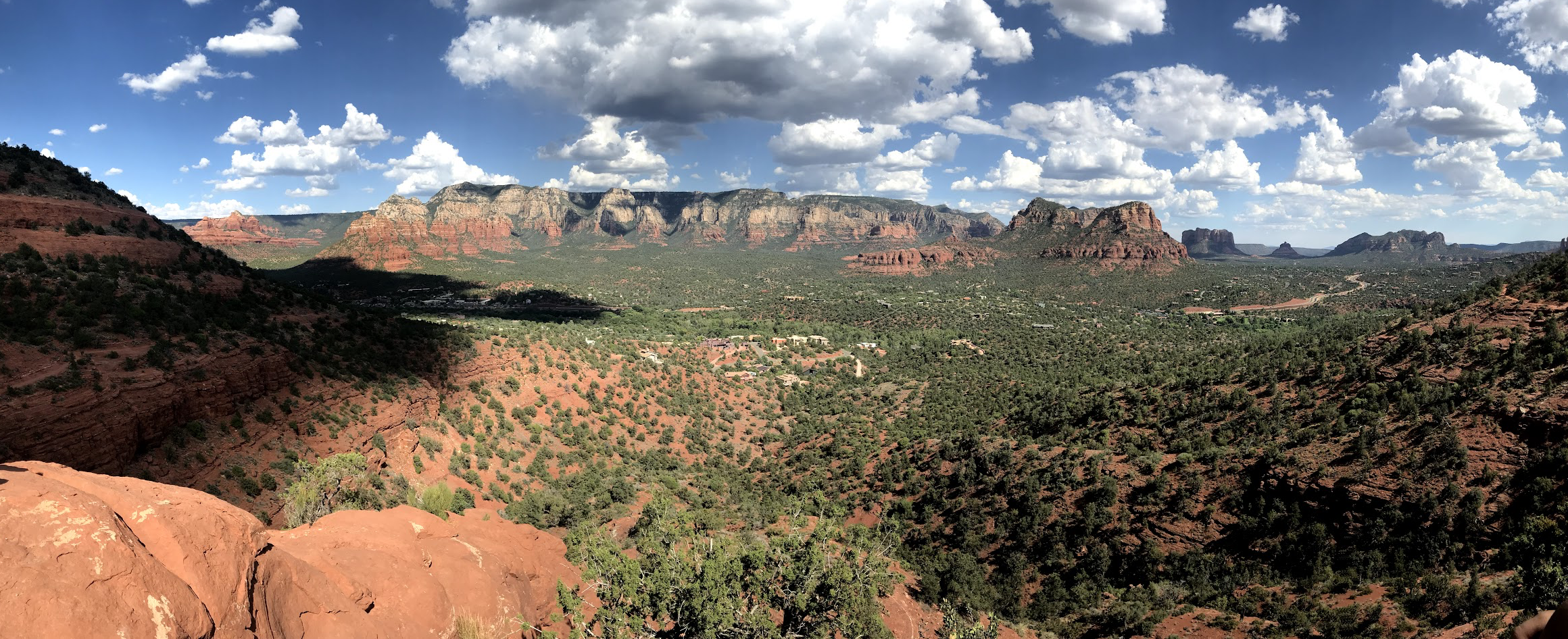Last summer I was a volunteer counselor for the American Indian Youth Wellness Camp. Led by Dr. Francine Gachupin at the University of Arizona, the camp promotes healthy lifestyle practices for American Indian youth. Native youth have a disproportionately high prevalence of obesity, diabetes, high cholesterol, and high blood pressure. The camp welcomes youth diagnosed with, or at high-risk for, Type 2 diabetes from tribes throughout Arizona.
The camp has been taking place annually for nearly 30 years, since 1991. It offers basic health screenings, nutrition education, cultural activities, play, and exercise for the youth. It also offers a focus on mental health through mind-body skills training– evidence-based activities including meditation, guided imagery, expression through drawings, movement, music, writing, and biofeedback – all to help address the effects of trauma and chronic stress and to build self-awareness. Youth who have experienced traumatic or stressful life events are more likely than their peers to develop physical conditions such as diabetes and obesity, and psychiatric conditions such as anxiety, depression, and substance use disorders, as well as aggressive and/or self-destructive behaviors. American Indian communities experience disproportionately high rates of poverty, violence, abuse, neglect, and suicide. The camp thus serves both mental and physical health needs.
The focus on mind-body medicine initially drew me to this camp. One of my medical school mentors, Dr. Noshene Ranjbar, had led mind-body skills sessions at the camp for several years, teaching youth to better identify, express, and regulate their emotions through fun, engaging, and reflective activities. In our small-group sessions, youth from each tribe shared their experiences with loss, grief, and trauma, as well as stories of hope, strength and overcoming obstacles. From them, I learned about the intersection of mind, body, spirit, and nature in many of the tribes’ shared beliefs. I was moved by one young camper’s willingness to share his hopes about his father’s release from prison and his gratitude for the support his community offered.
Drs. Ranjbar and Gachupin invited me to add a creative writing component to the programming. My sessions included free-writing and writing prompts, including stories about safe spaces, reacting versus responding in situations that evoke difficult emotions, and body positivity. Many participants had difficulty with the body-positivity prompt, saying that it was challenging to think of themselves and their bodies in a positive light. For many, creative writing helped them feel more confident, peaceful, and relaxed. Several said that they would likely continue writing in a journal to calm down when feeling upset or to build confidence. Creative expression can help youth develop a personal sense of competence, confidence, and belonging; boost resilience; and build self-esteem and empowerment.
The mind-body skills program at the camp is tied to a larger initiative from The Center for Mind-Body Medicine (CMBM), training youth peer leaders and adults from thousands of communities worldwide. By building capacity in a train-the-trainer model, CMBM empowers communities to address chronic disease and stress in skills- and strength-based, culturally congruent and trauma-informed ways.
In 2020, COVID-19 has hit tribal nations brutally, with infection and mortality rates higher than the general population. Current sociodemographic conditions on many reservations underscore the lack of adequate resources to maintain social distancing and prevention practices. Youth are experiencing yet another collective trauma.
The American Indian Youth Wellness Camp is an example of a program working to engage youth in healthy lifestyle, including mental health, and the inclusion of parents ensures a family-based approach. It is by providing a holistic approach to wellness where tribal values are included. As a medical student, the opportunity to be involved with the camp program has allowed me to commit to patient care that extends beyond office visits addressing symptoms of illness and a medication prescription.
Additional funding is always needed to support these initiatives. The time to invest in promoting American Indian youth resilience and enhancing physical and mental health and well-being in their communities is now.




